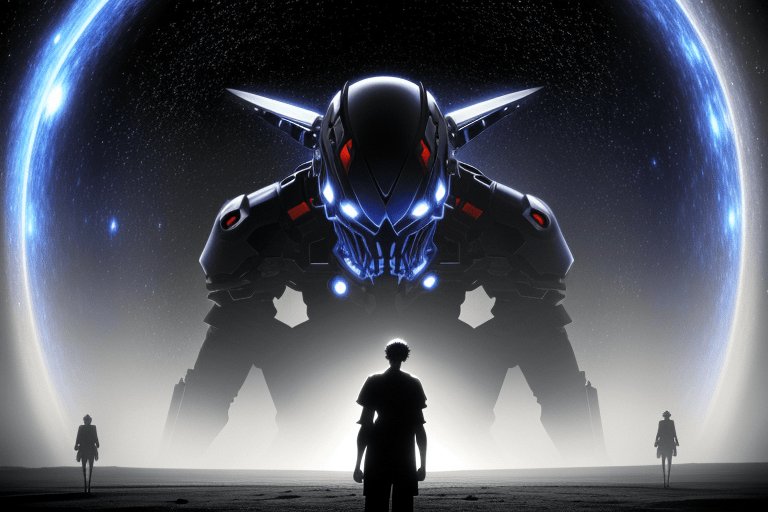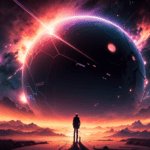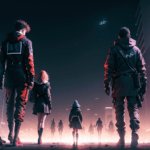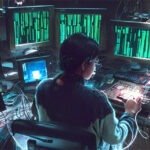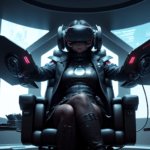Neon Genesis Evangelion: Is it Cosmic Horror?
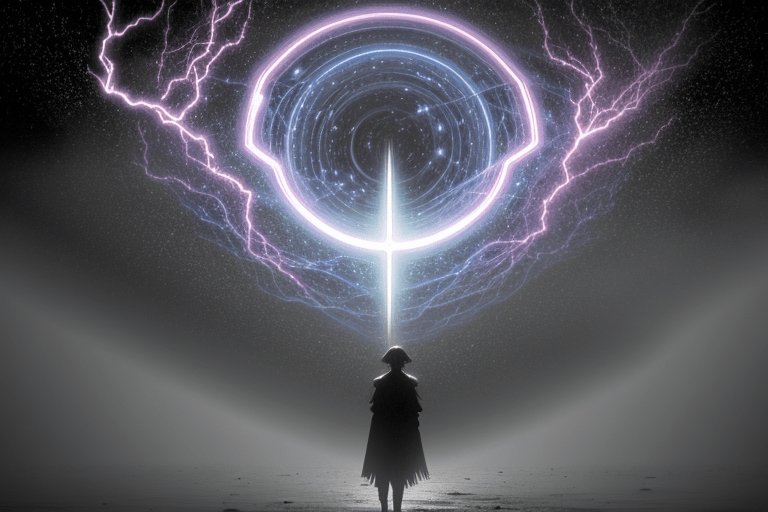
Neon Genesis Evangelion, a Japanese anime series, has been captivating audiences worldwide since its debut in 1995. It is widely regarded as one of the most influential anime series of all time, with its thought-provoking themes, complex characters, and stunning animation. One of the recurring debates among fans of the series is whether or not it can be classified as cosmic horror.
Cosmic horror is a subgenre of horror that focuses on the insignificance of human beings in the grand scheme of the universe. It explores the idea that humanity is not alone in the universe and that there are forces beyond our comprehension that can drive us to madness and despair. The concept of cosmic horror has been explored in literature, film, and television for decades, but it is only recently that anime has begun to explore this subgenre.
Evangelion has been the subject of much debate among fans and critics as to whether it falls under the category of cosmic horror. On the surface, it might seem like a straightforward mecha anime series, but as the series progresses, it becomes clear that there is much more going on beneath the surface.
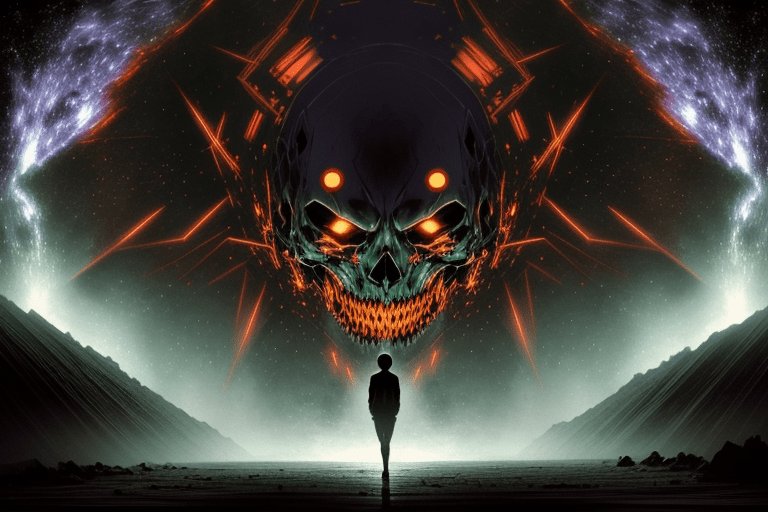
The series begins with Shinji Ikari, a 14-year-old boy who is recruited by his father to pilot a giant bio-machine called an Evangelion. The Evangelions are humanity’s only hope in defending themselves against the mysterious beings known as Angels, who are trying to destroy the world.
However, as the series progresses, it becomes apparent that there is much more going on than a simple battle between good and evil. The plot thickens as it is revealed that the Evangelions are not just machines but are actually biomechanical organisms created from the remains of the Angels. It is also revealed that the Angels are not just random creatures but are actually beings created by a higher intelligence known as the First Ancestral Race.
This revelation is a turning point for the series as it introduces the concept of a higher power that is beyond the understanding of humanity. This concept is central to cosmic horror, where the idea of humanity’s insignificance in the grand scheme of things is a recurring theme.
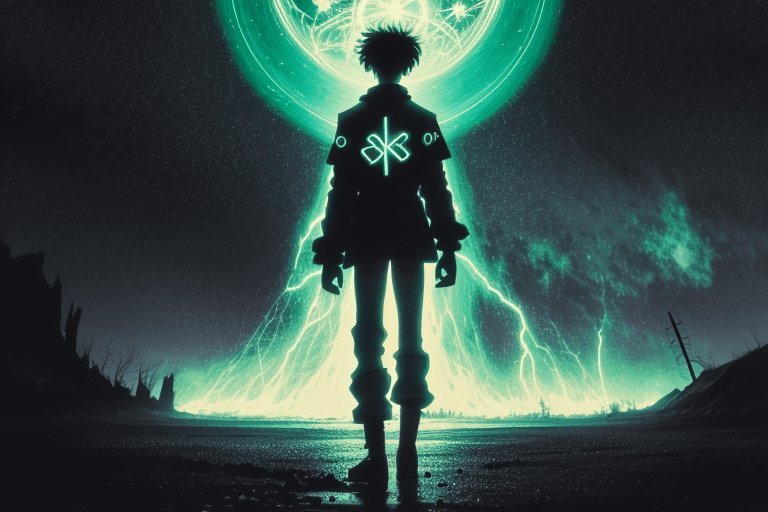
Furthermore, the series explores the psychological impact of this knowledge on the characters. Shinji, in particular, is shown to struggle with the weight of the responsibility that has been thrust upon him. The burden of knowing that he is fighting against beings created by a higher intelligence that he cannot possibly comprehend is too much for him to bear.
The series also explores the concept of existential dread, another key element of cosmic horror. The idea that the universe is vast, uncaring, and indifferent to our existence is a recurring theme in the series. The Angels are depicted as being almost alien in their appearance and behavior, and their actions are often incomprehensible to the human characters.
The series also explores the concept of the uncanny, which is another key element of cosmic horror. The Evangelions are depicted as being almost alive, with their organic components and the way they move and behave. This blurring of the line between machine and living organism creates a sense of unease in the viewer, which is another hallmark of cosmic horror.

The series also has a number of disturbing and unsettling scenes, which are another characteristic of cosmic horror. The scenes where characters are absorbed into the Evangelions or where they merge with other beings are particularly unsettling.
Evangelion does not fit perfectly into the category of cosmic horror, yet it exhibits several features that align with this subgenre. The exploration of humanity’s insignificance in the grand scheme of the universe, the portrayal of existential dread, the use of uncanny elements, and the incorporation of disturbing scenes all suggest a cosmic horror influence.
The fact that Evangelion continues to stimulate discussions and debates more than 25 years after its debut attests to its cultural significance and enduring appeal. Regardless of whether it can be classified as cosmic horror or not, the series has left a profound impact on its viewers and has challenged them to contemplate the nature of existence and the human condition.

